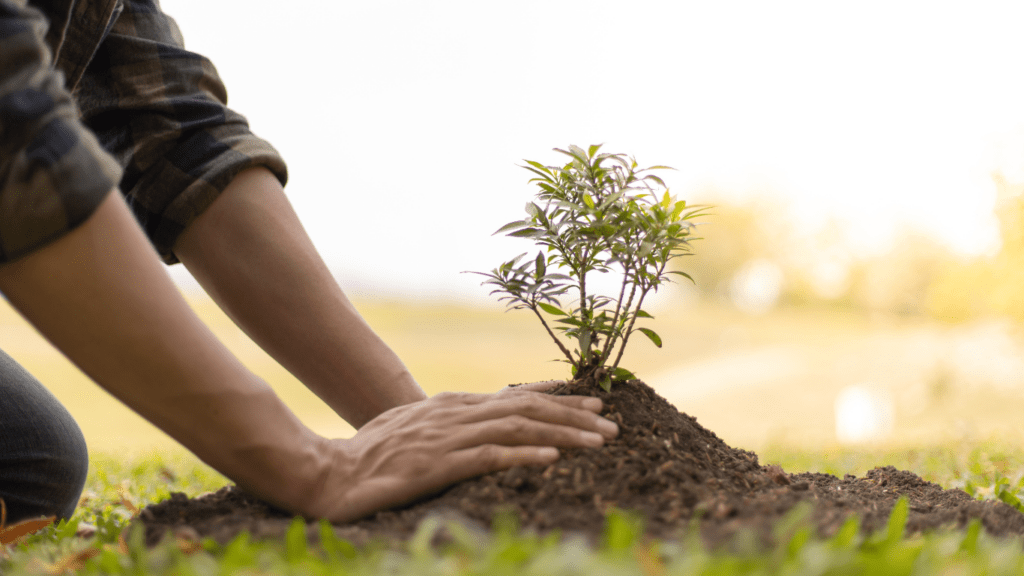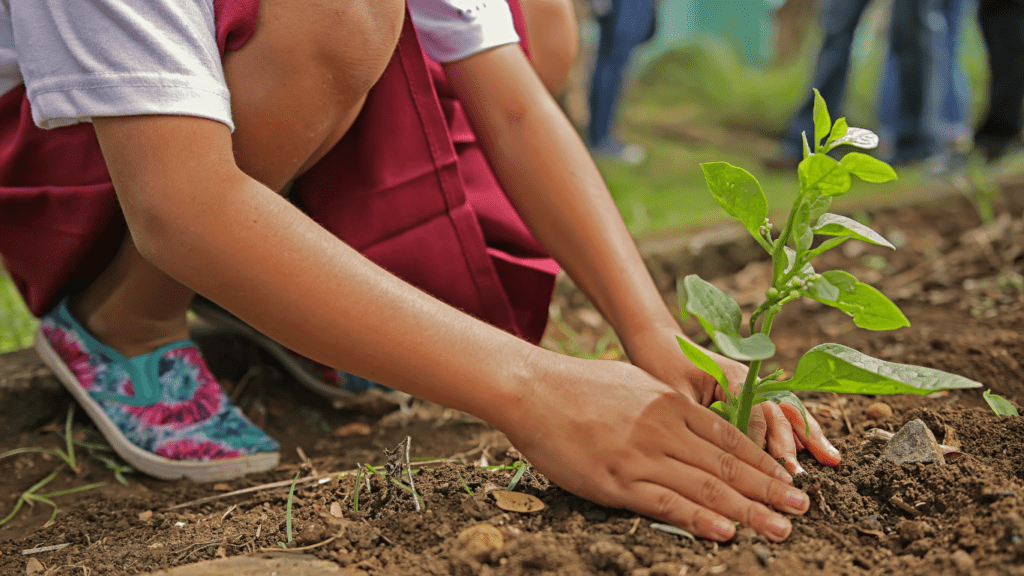Thinking about starting a family garden? I’ve got you covered! Gardening isn’t just about growing plants; it’s also about nurturing relationships and creating lasting memories. In this article, I’ll share how gardening as a family can bring everyone closer together while reaping the benefits of fresh produce and beautiful blooms right in your backyard.
From planting seeds to harvesting vegetables, every step in the gardening process offers a chance for families to bond, learn, and grow together. Whether you’re a seasoned gardener or a complete novice, involving the whole family in this green activity can cultivate a sense of teamwork and responsibility while fostering a deeper connection with nature.
So, grab your gardening tools and get ready to dig in the dirt with your loved ones. Discover the joys of gardening as a family and watch not only your plants but also your relationships flourish in the backyard oasis you create together.
Benefits of Family Gardening
Exploring the benefits of family gardening reveals numerous advantages beyond just nurturing plants. Engaging in this activity fosters a range of positive outcomes for both the garden and the relationships within the family unit.
- Teaching Opportunity: Growing a family garden provides an ideal setting to impart valuable lessons to children. They can learn about the plant life cycle, the importance of sunlight and water, and the satisfaction of nurturing something from seed to harvest.
- Health and Wellness: Family gardening encourages physical activity and time spent outdoors, promoting both physical health and overall well-being for all family members involved.
- Bonding Experience: Working together in the garden creates a shared experience that strengthens bonds between family members. It fosters teamwork, communication, and a sense of accomplishment as everyone contributes to the garden’s growth.
- Life Skills Development: Engaging in gardening equips children with essential life skills such as responsibility, patience, and problem-solving. These skills are invaluable and can be transferred to other aspects of their lives.
- Connection to Nature: Family gardening allows everyone to connect with nature on a deeper level. It instills an appreciation for the environment and teaches the importance of caring for the Earth.
Incorporating family gardening into your routine not only yields a bountiful harvest of fresh produce but also cultivates a nurturing environment where relationships can flourish alongside the plants in your backyard.
Planting and Caring for Your Garden Together
Planting and caring for a family garden is a rewarding experience that not only nurtures plants but also strengthens bonds among family members. Involving everyone in the process fosters teamwork, responsibility, and a deeper connection to nature.
Choosing Suitable Plants for Family Gardening
When selecting plants for your family garden, consider options that are easy to grow and maintain, especially if you have children involved. Choose vegetables like tomatoes, carrots, and lettuce, or flowers such as sunflowers and marigolds that are resilient and provide quick results.
These plants offer a wonderful learning opportunity for children while ensuring a successful gardening experience for the whole family.
Creating a Routine for Garden Maintenance
Establishing a routine for garden maintenance ensures that tasks are divided and completed efficiently. Assign responsibilities based on age-appropriate tasks to engage everyone in caring for the garden. Tasks can include watering plants, weeding, checking for pests, and harvesting produce.
By setting a regular schedule, you not only maintain the health of your plants but also instill a sense of responsibility and teamwork within the family.
Bonding Activities in the Garden
Engaging in gardening as a family offers a plethora of opportunities for bonding and creating cherished memories. Here are some activities that can enhance the connection among family members:
- Planting Together: Planting seeds or seedlings as a family is a great way to foster teamwork and collaboration. Assigning roles such as digging holes, placing seeds, and watering can make everyone feel involved.
- Harvest Celebrations: Celebrating the fruits of your labor during harvest time can be a joyful event for the whole family. Picking ripe tomatoes, carrots, or other produce together can create a sense of accomplishment and unity.
- Garden Maintenance Tasks: Assigning different garden maintenance tasks to each family member can instill a sense of responsibility and ownership. Tasks like weeding, watering, or pruning can be divided based on age-appropriate activities.
- Creating Garden Decor: Decorating the garden together with DIY projects such as handmade plant markers, painted rocks, or recycled material decorations can add a personal touch to your outdoor space. This creative process can spark conversations and strengthen bonds.
- Family Garden Journal: Keeping a shared garden journal where everyone records observations, sketches plants, or notes down experiences can serve as a collaborative keepsake. It not only enhances communication but also documents your gardening journey as a family.
- Outdoor Picnics: Utilize your garden space for family picnics or outdoor meals amidst nature’s beauty. Sharing meals surrounded by the fruits of your labor can deepen family connections and create lasting memories.
These bonding activities in the garden not only strengthen family relationships but also promote teamwork, communication, and a shared sense of accomplishment. Embracing these activities together can foster a supportive and connected family environment, enriching the gardening experience for everyone involved.
Involving Kids in Garden Tasks
As a family, gardening offers a wonderful opportunity to involve kids in various garden tasks, fostering teamwork, responsibility, and a love for nature. Engaging children in the gardening process not only educates them about plant life cycles but also instills crucial life skills while creating lasting family memories.
Here are specific ways to involve kids in garden tasks effectively:
- Planting Together: Planting seeds or seedlings with your kids can be a fun and educational experience. It allows them to learn about the plant growth process from the very beginning and encourages their curiosity and interest in gardening.
- Assigning Age-Appropriate Tasks: Give children tasks that are suitable for their age and ability. This could include watering plants, weeding, or harvesting produce. It instills a sense of responsibility and accomplishment in them.
- Creating Garden Decor: Encourage kids to get creative by making garden decorations such as painted rocks, DIY plant markers, or colorful wind chimes. This not only adds a personal touch to the garden but also lets children express their artistic side.
- Maintaining a Garden Journal: Keeping a garden journal can be a fun way for kids to track the progress of plants, note observations, and document their experiences. It helps them understand the importance of regular care and monitoring in gardening.
- Enjoying Outdoor Picnics: After a day of gardening, relax and bond as a family with outdoor picnics in your garden. It’s a great way to celebrate your hard work, enjoy the fruits of your labor, and create special moments together in nature.
By involving kids in garden tasks, you not only cultivate a love for gardening in them but also strengthen family bonds, encourage teamwork, and promote a sense of shared accomplishment. Gardening as a family becomes not just a hobby but a meaningful and enriching experience that nurtures both plants and relationships.




